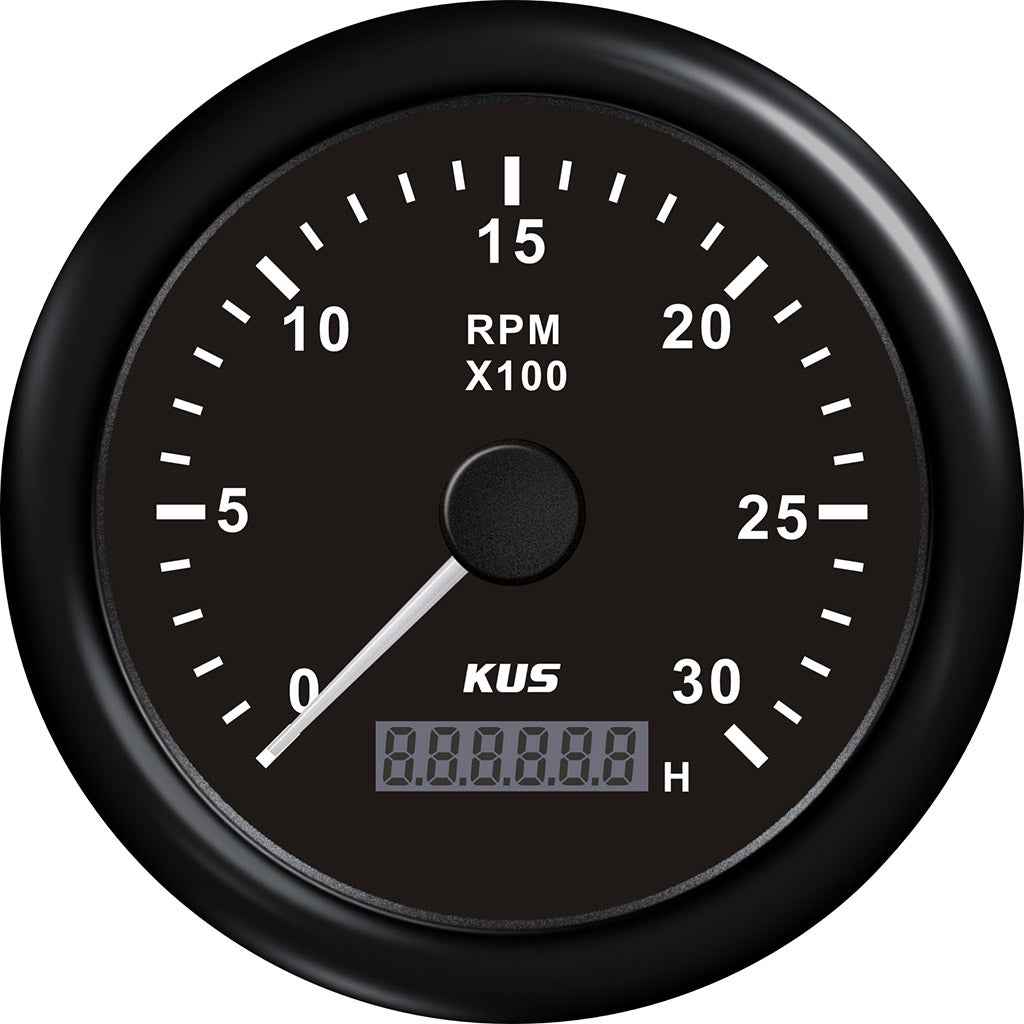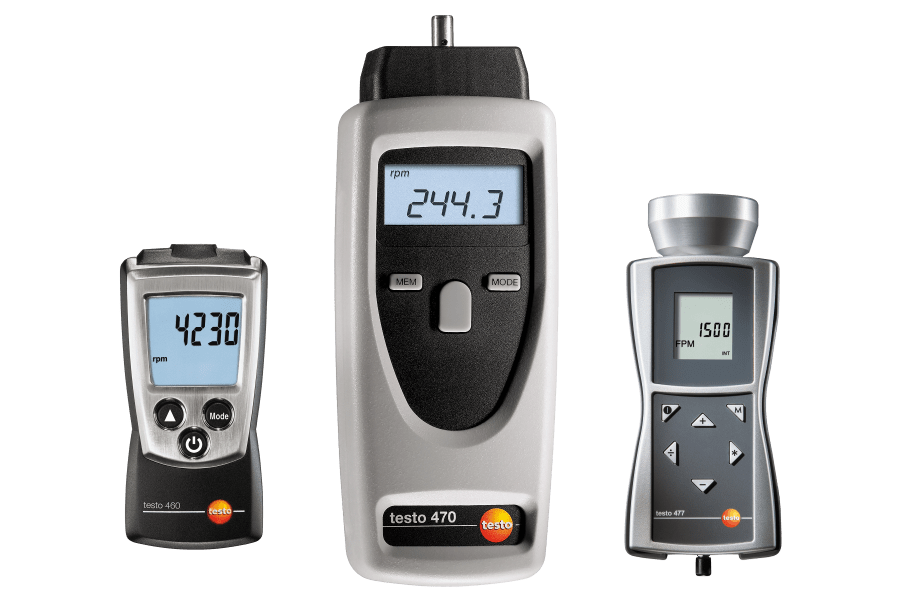Tachometer Fundamentals: Everything You Required to Know for Accurate Readings
Tachometer Fundamentals: Everything You Required to Know for Accurate Readings
Blog Article
The Importance of a Tachometer in Keeping Track Of Engine Speed and Performance in Automotive Applications
In the world of automotive design, the tachometer stands as a pivotal instrument in the chauffeur's toolbox, supplying a straight window right into the inner functions of a lorry's engine. Past its feature as a simple gauge of transformations per min (RPM), the tachometer offers as an important device for enthusiasts and experts alike, providing real-time understandings into engine efficiency and health. Understanding the importance of this device goes past surface-level observations, diving right into the complex relationship between engine speed, power output, and overall driving experience. As we explore the multifaceted role of the tachometer in vehicle applications, a deeper appreciation for its effect on car characteristics and efficiency begins to arise.
Relevance of Monitoring Engine RPM
Keeping an eye on engine RPM, or changes per min, is a crucial aspect of vehicle upkeep and performance analysis. Engine RPM straight associates with the rate at which the engine's crankshaft turns, showing how quickly the engine is running.
In addition, monitoring engine RPM is vital for performance analysis in auto racing and high-performance cars. In recap, checking engine RPM is not only important for discovering concerns but also for maximizing engine efficiency in different vehicle applications.

Benefits of Real-Time Data
In auto applications, real-time information plays a critical role in offering immediate insights right into the efficiency and problem of the automobile. By continuously keeping an eye on numerous parameters such as engine rate, temperature, fuel intake, and more, real-time information supplies various advantages that add to improved efficiency and safety when driving.
Furthermore, real-time information facilitates performance optimization by offering instant comments on driving habits and engine efficiency. Drivers can change their actions in real-time based on this information to achieve better fuel economic climate and prolong the life expectancy of their lorry.

Moreover, real-time information plays an important role in modern-day vehicle diagnostics, making it possible for specialists to promptly detect and resolve malfunctions. This brings about lowered downtime, reduced maintenance expenses, and inevitably, enhanced general automobile reliability and durability (tachometer). By utilizing the power of real-time information, vehicle stakeholders can make enlightened decisions that positively impact both the efficiency and durability of the car
Effect On Gear Shifts
The tachometer plays a vital duty in maximizing equipment changes by offering real-time engine rate information have a peek at this website to the motorist. When coming close to the redline on the tachometer, it signifies the vehicle driver to upshift to stop over-revving the engine and triggering potential damages.
Additionally, the tachometer help in achieving smoother equipment changes, specifically in hand-operated transmissions. By keeping track of engine speed, chauffeurs can implement gear shifts at the optimum RPM array, minimizing snagging motions and decreasing endure the transmission parts. This precision in gear modifications not just enhances driving comfort however also adds to fuel efficiency.
Enhancing Gas Effectiveness
Offered the important role the tachometer plays in enhancing gear changes for efficiency and engine health, it straight adds to maximizing gas effectiveness in automotive applications. By offering real-time responses on engine speed, the tachometer assists vehicle drivers in keeping the most effective RPM variety for fuel economic climate. When motorists constantly keep track of the tachometer and adjust their check this site out motoring behaviors accordingly, they can avoid unneeded fuel usage brought on by over-revving or hauling the engine.
In addition, the tachometer assists drivers determine one of the most fuel-efficient gear to be in at any provided minute, stopping the engine from working harder than needed. This is specifically critical throughout acceleration and cruising, where remaining in the best gear can considerably influence fuel effectiveness. Furthermore, the tachometer can notify vehicle drivers to prospective mechanical problems that could be negatively influencing fuel economy, such as a sliding clutch or a blocked air filter. To conclude, the tachometer functions as an important device in enhancing fuel performance by promoting optimal driving habits and determining areas for renovation in the automobile's performance.

Taking Full Advantage Of Engine Long Life
The tachometer's role in keeping an eye on engine speed and performance is instrumental in making certain the longevity of automotive engines. Checking the tachometer permits motorists to remain within the suggested RPM variety for their car, protecting against unneeded stress on the engine and prolonging its life expectancy.

Verdict
In verdict, the tachometer plays a vital role in keeping an eye on engine speed and performance in vehicle applications. By giving helpful site real-time information on RPM, it permits effective gear shifts, boosted fuel efficiency, and made the most of engine durability. This device is necessary for keeping optimal engine efficiency and making sure the general functionality of a vehicle.
Report this page